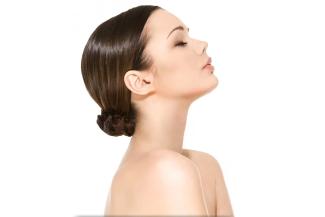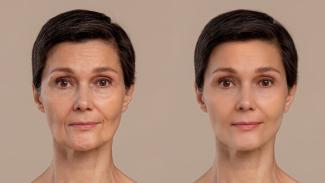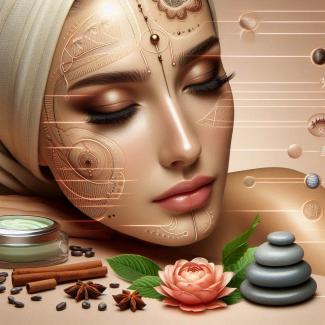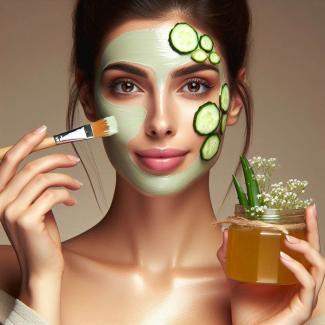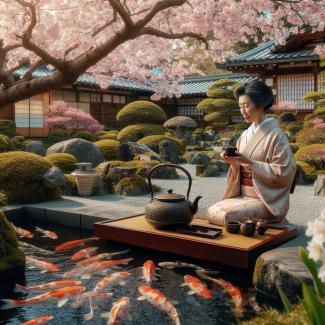
Japanese culture has a long history of valuing natural approaches to health and beauty, and this is reflected in various techniques for rejuvenation. While there isn't a single "Japanese technique for rejuvenation," there are several practices that are associated with maintaining a youthful and healthy appearance. Here are some examples:
- Japanese Diet: The traditional Japanese diet is often considered one of the healthiest in the world. It's rich in fresh fish, vegetables, rice, and green tea. These foods are low in saturated fats and processed ingredients, which can contribute to overall health and a youthful appearance.
- Green Tea: Green tea is an integral part of Japanese culture and is known for its antioxidant properties. It's believed to promote healthy skin and overall well-being. Many Japanese people incorporate green tea into their daily routines.
- Skincare Rituals: Japanese skincare is highly regarded for its focus on gentle, natural ingredients. The double cleansing method, moisturizing, and the use of products like rice bran oil and rice water have been passed down through generations. Additionally, the use of facial masks made from natural ingredients is a common practice.
- Face Massages: Facial massages are a part of Japanese beauty routines. The practice of gently massaging the face is believed to improve circulation, reduce puffiness, and promote a youthful complexion.
- Bathing Rituals: Japanese baths are not just for cleaning; they are seen as a way to relax and rejuvenate. Bathing in hot water, particularly in natural hot springs (onsen), is a cherished tradition. The minerals in onsen water are thought to have therapeutic effects on the skin and body.
- Yoga and Tai Chi: Physical activities like yoga and Tai Chi are popular in Japan. These exercises are believed to promote flexibility, strength, and balance, which can contribute to overall well-being.
- Mental Well-Being: Practices like meditation and mindfulness are valued in Japanese culture. Reducing stress and maintaining mental well-being is seen as an important aspect of looking and feeling young.
- Acupressure and Shiatsu Massage: These traditional Japanese massage techniques involve applying pressure to specific points on the body, which is believed to promote relaxation, improve circulation, and stimulate energy flow.
- Dietary Supplements: Some Japanese people use natural dietary supplements such as collagen, coenzyme Q10, and hyaluronic acid, believing that they can help maintain youthful skin and overall health.
It's important to note that while these practices are associated with Japanese culture and are believed to contribute to rejuvenation and overall well-being, individual results can vary, and a holistic approach that includes a healthy lifestyle, diet, and skincare routine is often the key to looking and feeling youthful.

